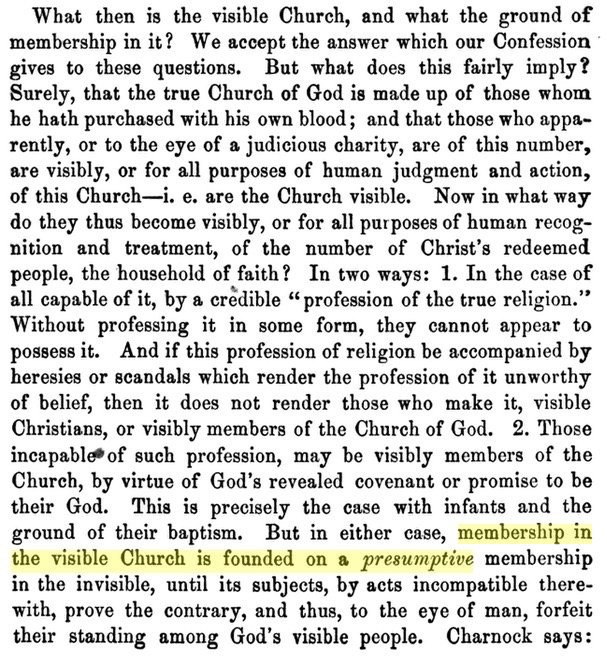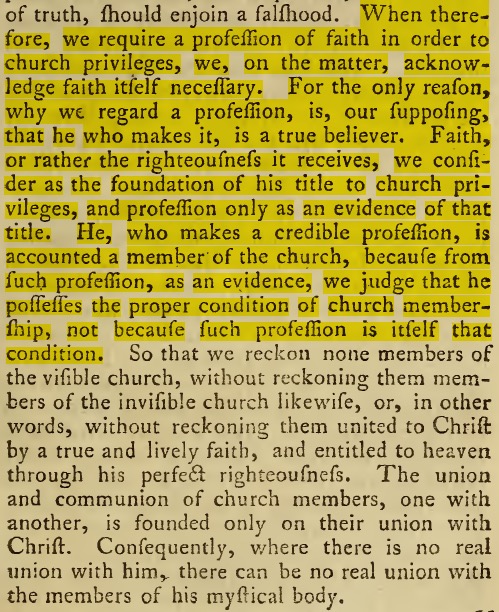Resources
Reformed Baptist Covenant Theology & Biblical Theology
On 07, Jun 2013 | In Resources, Samuel Renihan | By Brandon Adams
Reformed Baptist Covenant Theology & Biblical Theology by Samuel Renihan and Micah Renihan
This material was presented by the authors to students of Westminster Seminary California during a lunch hour on campus in response to their inquiries about how Reformed Baptists view covenant theology. Given the time constraints of a one-hour presentation, the focus of the material was on areas of positive argument for the credobaptist position where it differs from paedobaptism…
There is one uniting and driving force in redemptive history, and that is the Covenant of Redemption. Although it is not accomplished in history until Christ comes, we see the gathering in of the elect who believe in Christ from the fall onward. Where we see that in-gathering of the elect who believe in the gospel as it is revealed progressively in types and shadows, there we see the retro-active New Covenant, and that is the Covenant of Grace… The Covenant of Grace is the retro-active New Covenant…
As Vos goes on to say, the New Covenant is necessarily connected to the new age, the consummation. With the inauguration of the New Covenant, the New Age breaks forth into this current age. Vos says, “The New Covenant, then, coincides with the age to come; it brings the good things to come; it is incorporated into the eschatological theme of thought.” If the New Covenant truly coincides with the New Age, we should not look back at the Old Covenant to understand this New Covenant. Instead we should look forward to the consummation. True, we live in the “not yet.” But it is just as true that we live in the “already”. For this reason we must conclude that theologies that rely too heavily on the Old Covenants for their description and articulation of the New Covenant demonstrate an under-realized eschatology. They do not give enough weight to the “already”.




